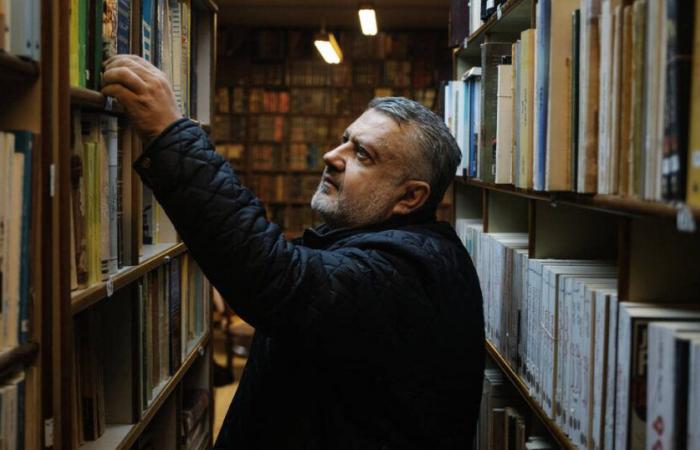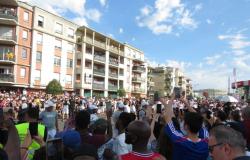Reportage
Article reserved for subscribers
For more than fifty years, lawyer and historian Alaa al-Sayed hid works banned by the Syrian dictatorship. With the fall of the regime, its library, with 35,000 books, is now on display.
The copy of Syrian Democracy and the independence of Lebanon, by the Lebanese intellectual Samir Kassir, is placed on a coffee table. As if it were its natural place, as if it were normal. It's actually a revolution: less than two weeks ago, Syrian Democracy, book banned by the Bashar al-Assad regime, was hidden behind a shelf in one of the dozens of libraries that invade the apartment of the historian and lawyer Alaa al-Sayed. If the moukhabaratagents of the intelligence services, customary in searching for works deemed subversive, had found it, Alaa al-Sayed, 52, was arrested and imprisoned. “I would have been condemned to death, or tortured to death, which amounts to the same thing,” he said, lighting yet another Gitane.
The historian has accumulated more than 35,000 works in his apartment in the wealthy district of Chahba, in western Aleppo. Among them, he estimates that around 2,000 to 3,000 of them were banned by the dictatorship of Assad, father then son. “There were several phases of banning. After the Muslim Brotherhood uprising and the massacre in Hama in 1982, the mukhabarat were mainly looking for those related to them and communism. After the Damascus Spring in 2004, they focused






